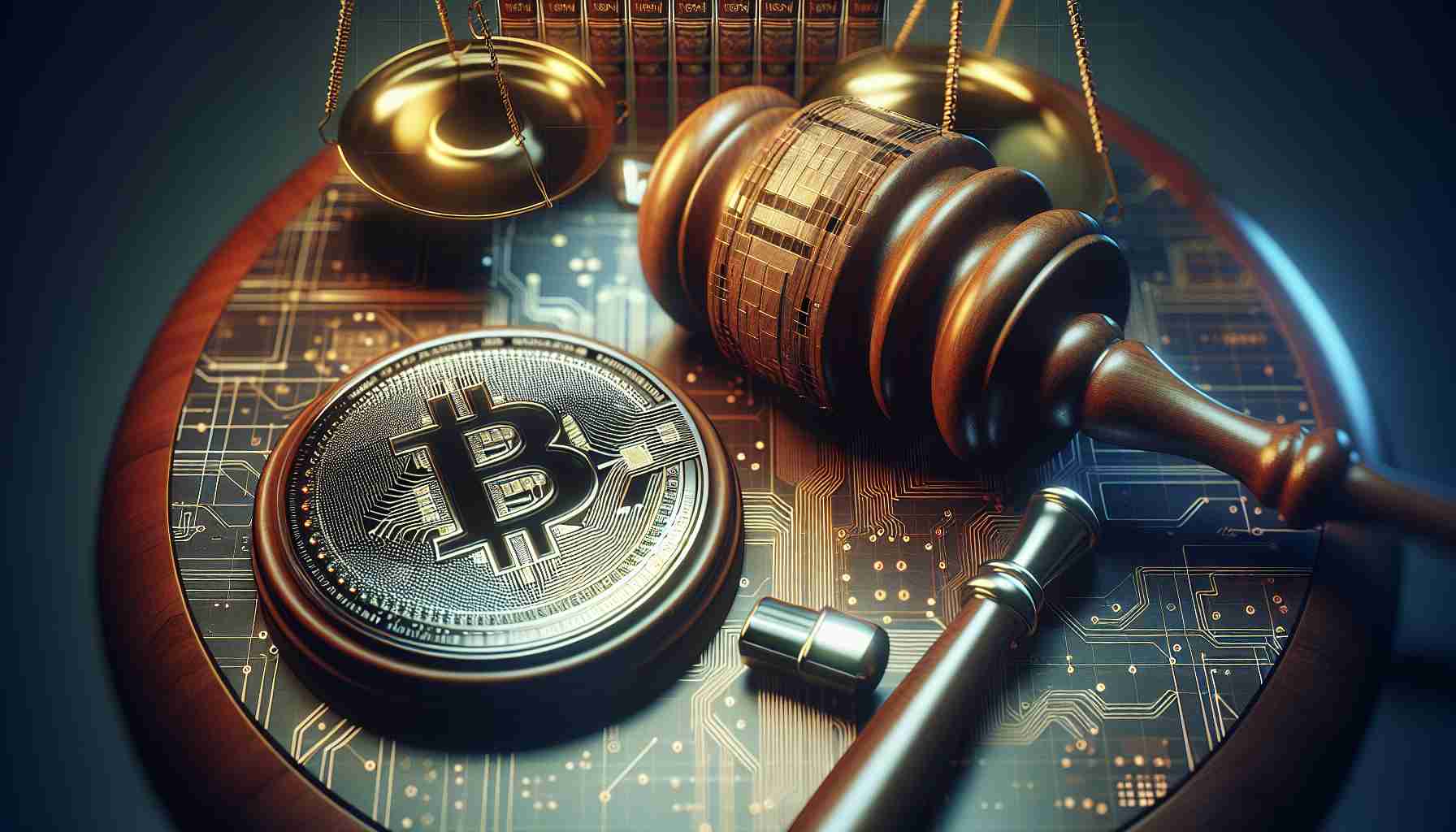Wyrok w niedawnej sprawie sądowej firmy Ripple w Kalifornii pozostawił branżę kryptowalut z niewyjaśnionymi kwestiami dotyczącymi statusu XRP jako zabezpieczenia. Sędzia Phyllis Hamilton z Sądu Okręgowego Stanów Zjednoczonych dla Północnego Okręgu Kalifornii odrzuciła większość pozwu zbiorowego przeciwko Ripple. Jednakże pozwoliła na postępowanie w sprawie stanowego prawa, która dotyczy niewielkiego fragmentu rzekomych mylących wypowiedzi prezesa Ripple, Brada Garlinghouse’a, dotyczących sprzedaży XRP.
Różnice opinii dotyczące charakteru regulacyjnego XRP podkreślają widoczną dyskordię w systemie sądowniczym. W przeciwieństwie do sędzi Anality Torres z Nowego Jorku, która wcześniej wskazała, że XRP ogólnie nie kwalifikuje się jako zabezpieczenie, komentarze sędzi Hamilton sugerują, że XRP może potencjalnie zostać sklasyfikowane jako takie. Jej stanowisko ponownie stawia kluczowy argument w centrum uwagi: czy XRP i podobne aktywa cyfrowe powinny podlegać ścisłej regulacji, często kojarzonej z papierami wartościowymi.
Niejasne jest, co oznacza to dla Ripple i dla szerszej branży kryptowalut. Podczas gdy finansowy wpływ obecnego roszczenia jest minimalny, a potencjalne szkody wynoszą zaledwie 174 dolarów, ogólne implikacje wypowiedzi Hamilton mogą wywołać przyszłe komplikacje prawne. Pomimo zwycięstwa, Ripple pozostaje w stanie niepewności co do prawnego określenia XRP.
Przenosząc się dalej, sprawa ta zwraca uwagę na potrzebę skodyfikowania jednolitego ramowego przepisów. Dopóki Kongres się nie zaangażuje lub wyższy sąd nie ustanowi jasnego precedensu, społeczność kryptowalut może kontynuować poruszanie się po mozaice różnych interpretacji prawa. Niepewność podkreślona w tej walce prawnej ilustruje pilną potrzebę spójnych wytycznych prawnych w rozwijającym się krajobrazie kryptowalut.
Islamic’s recent court case outcome
Islamic’s recent court case outcome in California has left the crypto industry with unanswered questions regarding the status of XRP as a security. Judge Phyllis Hamilton from the U.S. District Court for the Northern District of California dismissed the majority of the class action lawsuit against Ripple. However, she allowed one state law claim to progress, which deals with a minor portion related to purported misleading statements by Ripple’s CEO Brad Garlinghouse concerning XRP’s sale.
Differing opinions on XRP’s regulatory nature highlight an evident discord within the judicial system. Unlike Judge Analisa Torres of New York, who previously indicated that XRP did not generally qualify as a security, Judge Hamilton’s comments implied that XRP could be potentially classified as such. Her stance brings a crucial argument back into the limelight: whether or not XRP and similar digital assets should fall under tight regulatory scrutiny often associated with securities.
What the ruling means for Ripple and the broader crypto industry is uncertain. While the financial impact of the current claim remains minimal, with potential damages amounting to a mere $174, the overarching implications of Hamilton’s remarks could trigger future legal complications. Despite the victory, Ripple remains in a state of ambiguity concerning XRP’s legal characterization.
Moving forward, the case brings to attention the need for a unified regulatory framework. Until Congress steps in or a higher court establishes a clear precedent, the crypto community may continue to navigate through a patchwork of legal interpretations. The uncertainty underscored by this legal tug-of-war exemplifies the pressing demand for conclusive legal guidelines within the burgeoning landscape of cryptocurrencies.
Key Questions Regarding Ripple’s Security Status and Challenges:
Is XRP a security?
Despite Ripple’s legal victory, the question remains unresolved. The SEC has sued Ripple, claiming XRP is a security, while Ripple argues it is not. The final determination of XRP’s status will have far-reaching implications for Ripple and the crypto industry at large.
What regulatory framework is applicable to XRP?
The lack of a unified regulatory framework for cryptocurrencies results in different interpretations by courts and regulatory bodies, leading to significant uncertainty within the industry.
What are the broader implications of this lawsuit for the crypto market?
How the courts and regulators ultimately classify XRP and other similar digital assets will influence the regulatory landscape and could lead to increased scrutiny and compliance requirements for crypto companies.
Key Challenges and Controversies:
Regulatory Uncertainty: Ripple’s case has put the spotlight on the ambiguity surrounding cryptocurrency regulations. The absence of clear guidelines hampers the ability of businesses to operate with confidence and could stifle innovation.
Industry Precedent: The outcome of Ripple’s ongoing legal battles could set a precedent for other cryptocurrencies that are similarly situated, influencing how they are marketed and sold.
Inconsistency in Legal Interpretations: The varying opinions of judges and discrepancies in regulatory approaches exemplify the challenges of navigating the crypto legal landscape.
Advantages and Disadvantages:
Advantages:
A legal victory for Ripple may provide a clearer path for XRP and potentially other cryptocurrencies, increasing investor confidence and market stability.
It could lead to more tailored and appropriate regulations that promote innovation while protecting consumers.
Disadvantages:
Continued regulatory ambiguity can lead to market volatility and discourage institutional investment.
If XRP is deemed a security, it would subject Ripple and XRP holders to more rigorous regulatory requirements, potentially limiting growth and impacting liquidity.
For further information on the ripple effects of Ripple’s court cases and crypto regulatory environment, visit reputable sources such as:
U.S. Securities and Exchange Commission
Ripple
Financial Stability Board
Please note that the legal stance on cryptocurrencies is evolving, and it’s crucial to consult the latest updates for the most current viewpoints and decisions.
